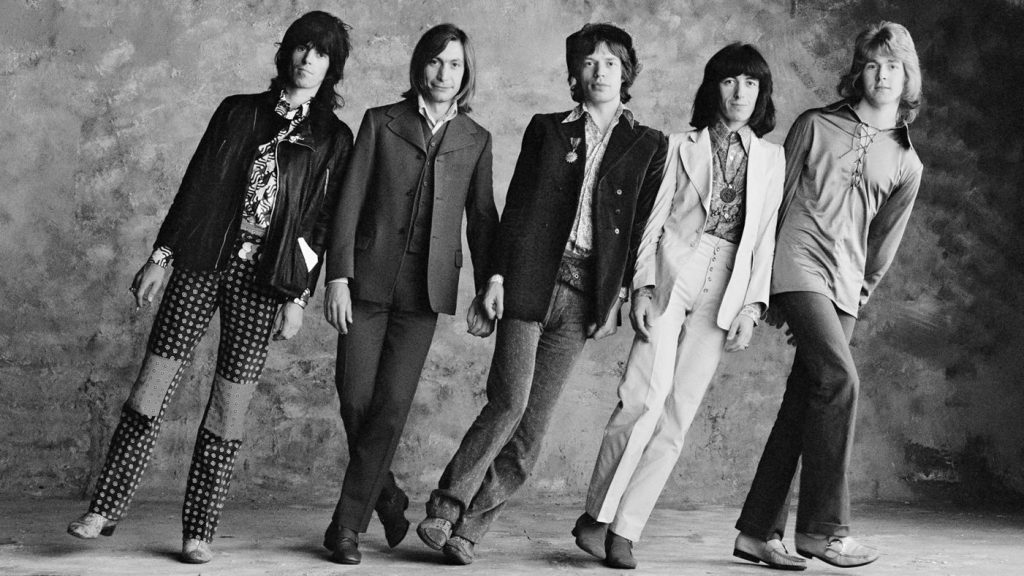
The Rolling Stones: “Wild Horses” – A Timeless Ballad of Heartbreak and Resilience
“Wild Horses” by The Rolling Stones stands as one of the most poignant and emotionally charged ballads in rock history. Featured on their 1971 album Sticky Fingers, the song captures a rare tenderness from a band more often associated with gritty rock anthems and rebellious swagger. Despite its initial release as a B-side to the more upbeat “Brown Sugar,” “Wild Horses” quickly established itself as a fan favorite, peaking at #28 on the Billboard Hot 100 in the United States.
Written primarily by Mick Jagger and Keith Richards, “Wild Horses” is a song deeply rooted in personal experiences, blending sorrow, longing, and a touch of hope. The lyrics reflect a complex interplay of emotions, with Jagger’s delivery exuding both vulnerability and resilience. The phrase “wild horses couldn’t drag me away” serves as a powerful metaphor for an unbreakable bond, whether it be love, loyalty, or the pursuit of something unattainable.
The song’s origins are often linked to Keith Richards’ tumultuous personal life, particularly his struggles with fame, relationships, and the pressures of being in one of the world’s biggest rock bands. While the specifics of the inspiration remain a subject of speculation, what is clear is the song’s ability to resonate on a deeply human level. The longing expressed in the lyrics, paired with the haunting melody, speaks to anyone who has experienced heartache or faced challenges that seem insurmountable.
Musically, “Wild Horses” is a departure from the hard-driving sound typically associated with The Rolling Stones. The song’s arrangement is stripped down, featuring a gentle acoustic guitar riff that carries the melody, accompanied by a subtle, yet evocative, piano line. Richards’ and Mick Taylor’s guitar work on the track is delicate, allowing the emotional weight of the lyrics to shine through without being overshadowed by the instrumentation. Charlie Watts’ drumming is restrained, adding just enough rhythm to keep the song grounded without overpowering its soft, reflective tone.
Jagger’s vocals on “Wild Horses” are some of his most heartfelt, capturing a sense of weary resolve. There’s an aching in his voice that suggests both resignation and a deep, abiding love. The harmony provided by Richards adds a layer of depth to the song, reinforcing the sense of unity and shared experience that the lyrics convey.
Though it wasn’t a chart-topping hit, “Wild Horses” has endured as one of The Rolling Stones’ most beloved songs. Its timeless appeal lies in its simplicity and emotional honesty, qualities that have allowed it to transcend the era in which it was created. Over the years, the song has been covered by numerous artists across various genres, a testament to its universal message and enduring popularity.
In the context of The Rolling Stones’ illustrious career, “Wild Horses” represents a moment of introspection and vulnerability that contrasts with the band’s more rebellious image. It’s a song that invites listeners to slow down, reflect, and connect with the deeper, often hidden, emotions that reside within us all. Whether it’s the melancholy of lost love or the determination to carry on despite the odds, “Wild Horses” captures the essence of what it means to be human.